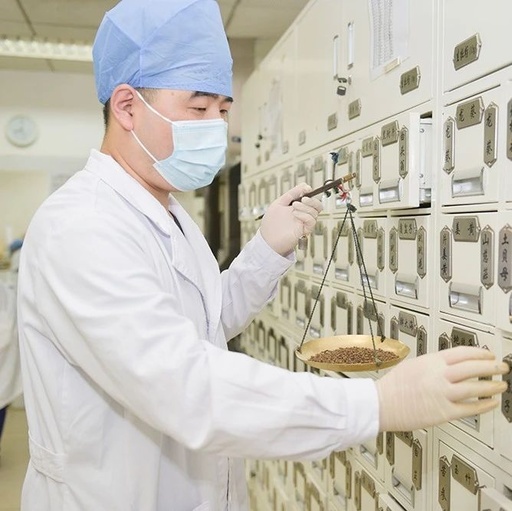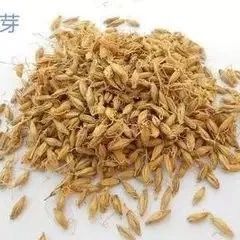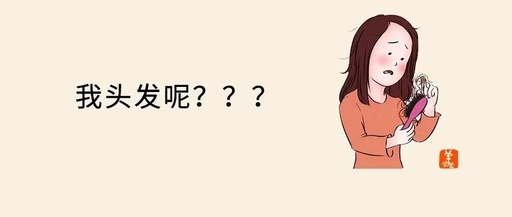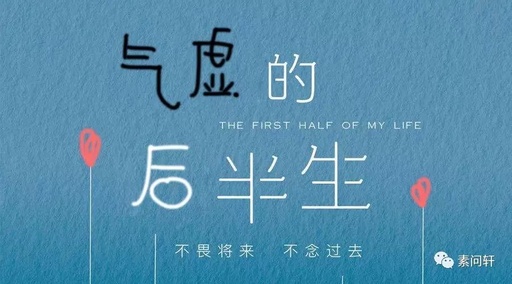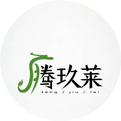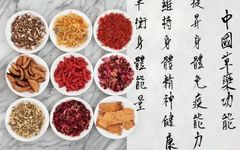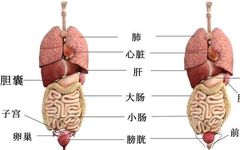Understanding Qi Deficiency: The Three Types and Their Symptoms
Health Times Authoritative health information, trusted for professionalism!Expert of this article HuangSui Ping, Chief Physician of the Gastroenterology Department at Guangdong Provincial Hospital of Traditional Chinese Medicine Many people experience mental or physical fatigue, prolonged sitting, and irregular eating habits, which can easily lead to Qi deficiency (气虚), manifesting as weakness, lethargy, and poor appetite.Traditional … Read more

